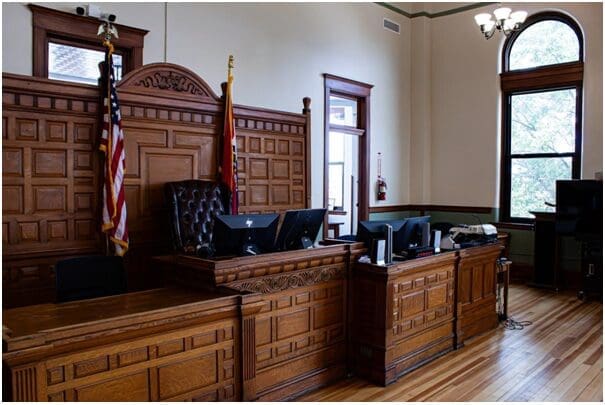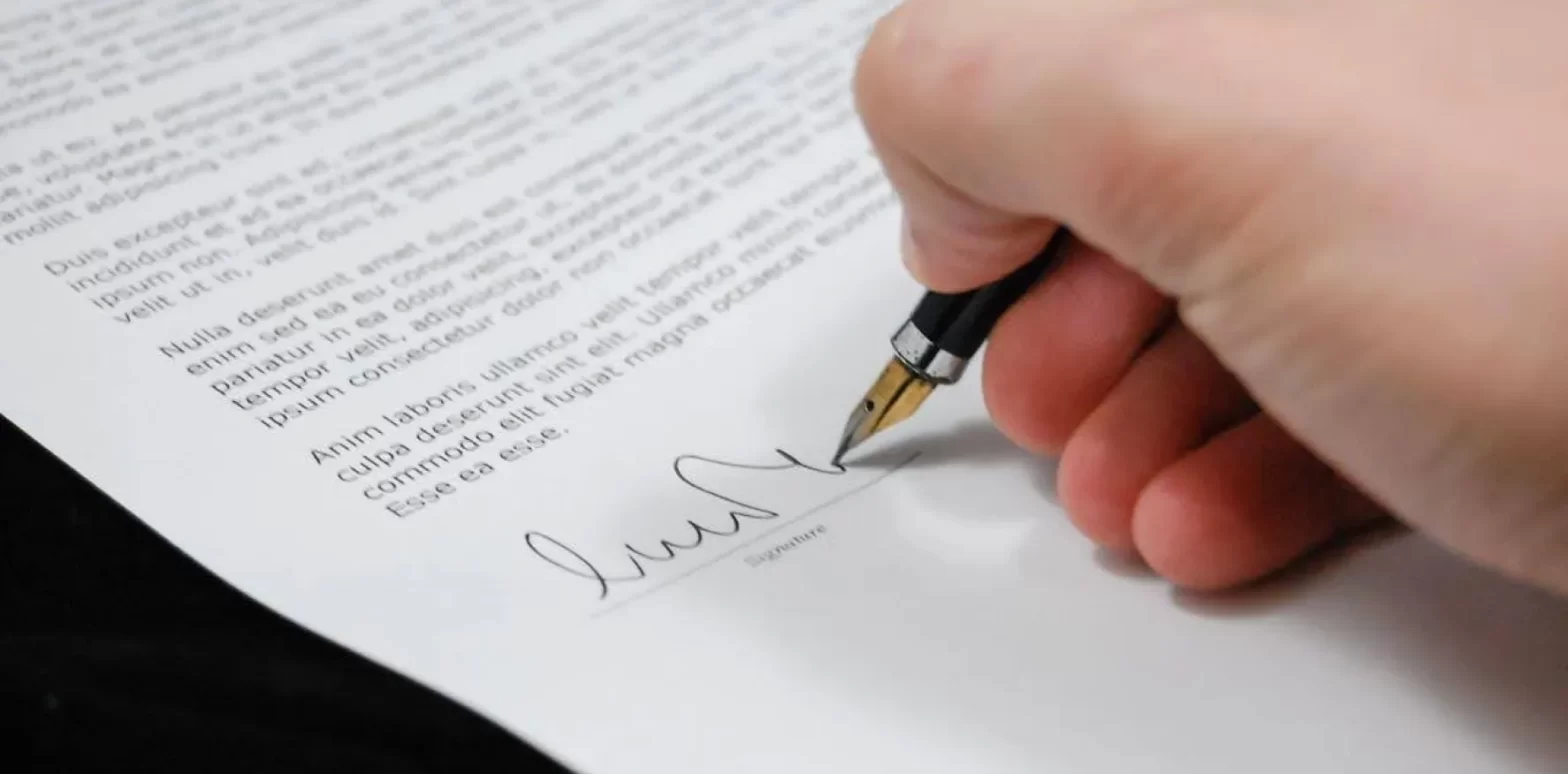Planning your estate is crucial when you are trying to secure your family’s future. There are two primary choices when doing this: you can either create a trust or a will. The main purpose of either option is to distribute your assets, but both courses of action have their own drawbacks. In this article, we will take a look at the downside of each option, hoping that it will help you make an informed decision. If you want help with this decision, a qualified estate planning attorney near me can give advice specific to Gaithersburg and Maryland.
Wills: Drawbacks to Consider
Before diving into the drawbacks, let’s first understand what a will is. Simply put, a will is a legal document that lays out the way you want to distribute your assets, appointing guardians for children, and addressing matters after your passing. Wills can be pretty straightforward, but they have some limitations.
One of the first drawbacks of a will is that it has to go through a probate proceeding. Probate is a court-supervised process that oversees the asset distribution and validates the will. This whole process can be quite time-consuming and take somewhere between a few months to over a year. Aside from that, it can also be costly as you may have to pay executor fees, probate fees, and possibly attorney fees.
The second problem also stems from the probate process. Since the probate process puts you in front of the court, all your documents become part of the public record, reducing privacy – something most people don’t prefer. Privacy concerns are a big difference between a will and trust, as a trust keeps your matters private.
Another drawback with wills is that they give you limited control. A will gives you the power to name beneficiaries and outline how your property should be divided. The problem arises when a will doesn’t give you control over when or how the assets are distributed. A will attorney can help you by including clauses to delay distribution of assets, but that gives you limited freedom.
Lastly, a will will only come into effect after your passing. This means that they are virtually useless for managing your assets if you are incapacitated. For someone who wishes to plan for potential incapacity, a lawyer who does wills near you might be beneficial, and they might even recommend a trust and/or power of attorney.
The Potential Negatives of Trusts
Having discussed the negatives of a will, the other option you can go for is a trust. Even though a trust has the upper hand over wills in some aspects, it has problems. Here are some of the challenges that you can face while creating a trust.
One of the biggest problems of setting up a trust is that it is much more complex and expensive as compared to a will. The initial fees of creating a trust can be high, even more so when working with a trust attorney. Other costs can comprise administrative expenses when you are working with professional management. If you wish to lower the costs, you can go to an estate planning attorney in Gaithersburg.
The privacy offered by trusts is often seen as a huge strong point. However, it also means that there is minimal involvement from the court. Therefore, in some cases, disputes can occur among beneficiaries, which can be difficult to resolve due to the lack of involvement from the court.
It is often advised that you only choose a trust if you have a considerable estate. For people with smaller estates, managing a trust may not be worth the expense or complexity. If you have a few assets, have the money to cover the probate costs, and don’t mind your data becoming part of the public record, a will might be a more practical choice. A good estate planning attorney in Maryland can evaluate your estate’s size and recommend the best course of action.

Best Time to Meet an Estate Planning Attorney
Having discussed the drawbacks of both a will and a trust, you should decide which path to choose. However, it is not something you should do unthinkingly. Consulting an experienced estate planning attorney in Gaithersburg can be particularly beneficial. The attorney can look at your assets and overall situation, which will help them give you balanced advice on whether you should choose a trust or will. Hiring an estate planning attorney in Maryland will prove to be a good decision as it will help you make the whole process less complex. You will have to do minimum work; at the end of it all, you will decide how your assets will be distributed.

 Schedule An Appointment
Schedule An Appointment 301-318-0085
301-318-0085
